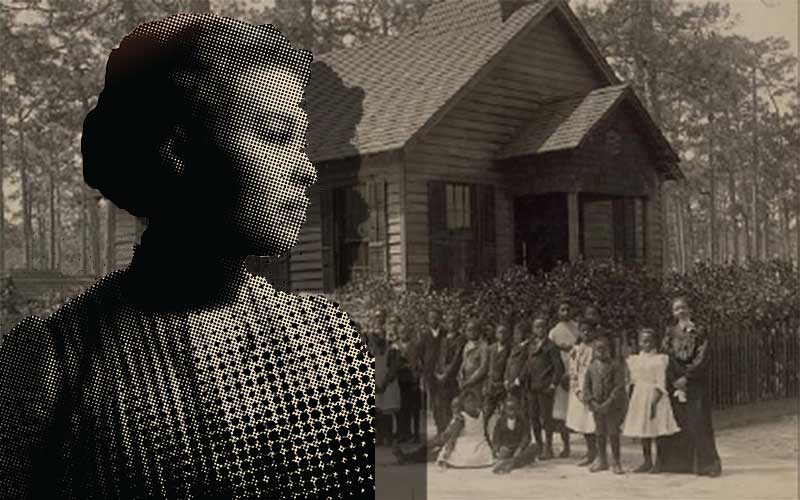
This month, the Altadena Library District looks to honor and celebrate the work, accomplishments, and lives of just a few of the African Americans, both past and present, who are making or have made a significant impact on or contribution to Altadena and the local community.
Ellen Garrison Clark was an African American educator, abolitionist and early Civil Rights activist whose defiance of “whites only” public spaces has been compared by some to Rosa Park’s actions in the 20th century.
Garrison was born on April 14, 1823, to Jack Garrison and Susan Robbins in Concord, Mass., at the home — now the Robbins House Museum — of her maternal grandfather Caesar Robbins, a formerly enslaved free man and veteran of the American Revolutionary War. At the time of Garrison’s birth, Concord was open to freed slaves and abolitionists, and her mother was a founding member of the Concord Ladies’ Antislavery Society.
Garrison married in 1857 and became a widow five years later. During the American Civil War, she taught at a private school in Newport, Rhode Island, which led to her longtime affiliation with the American Missionary Association (AMA), a Protestant group dedicated to the abolition of slavery, education and racial equality. Moving between towns, Garrison worked with the association in its mission to educate newly emancipated free people of color.
During Reconstruction, Garrison and colleagues were forcibly removed from a waiting room at a Baltimore train station after refusing to leave the segregated space. Undeterred, she brought suit against the railroad station train officer who assaulted her, testing the new Civil Rights Act Bill of 1866, adopted just one month earlier. The defendant requested a jury of his peers, and a grand jury dismissed the case in July 1866.
“I think it is our duty as a people to spend our lives in trying to elevate our own race.” — Ellen Garrison Clark
In the 1880s, Garrison moved to Kansas, where she taught “Exodusters,” African Americans who migrated to Kansas and neighboring states to escape racial violence in the South. There she met and married her second husband, Harvey Clark. She also contracted tuberculosis and eventually moved west for health reasons, settling in Pasadena, Calif., with her husband and sister.
She died on December 21, 1892, at the age of 69, and was buried in an unmarked grave at Mountain View Cemetery in Altadena.
More than 125 years later, the Robbins House, which works tirelessly to preserve the life and legacy of Ellen Garrison Clark and her family, determined where she was buried. When the story came to the attention of the Altadena Historical Society, member and Altadena Town Councilmember Veronica Jones spearheaded a community-wide effort to provide a memorial headstone for Ellen Garrison Clark. On June 19, 2021 — Juneteenth — the community came together to celebrate Ellen Garrison Clark’s life and to unveil the headstone.
Photo: Robbins House
